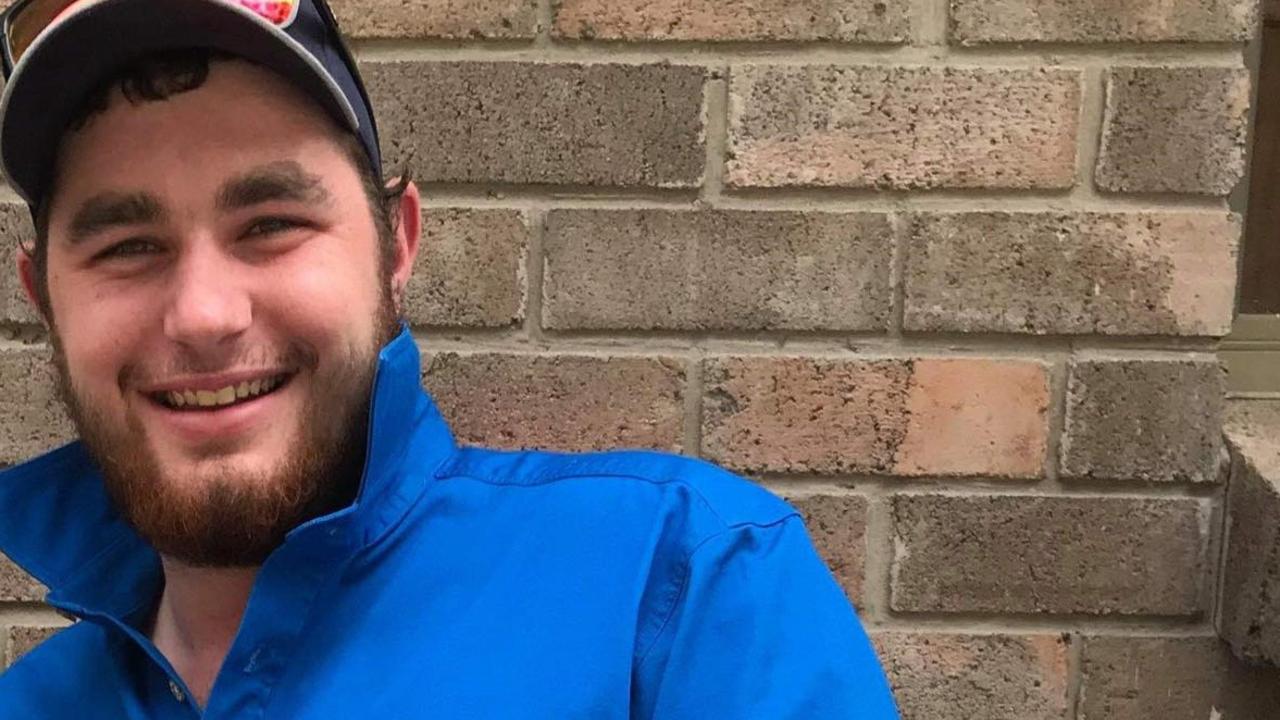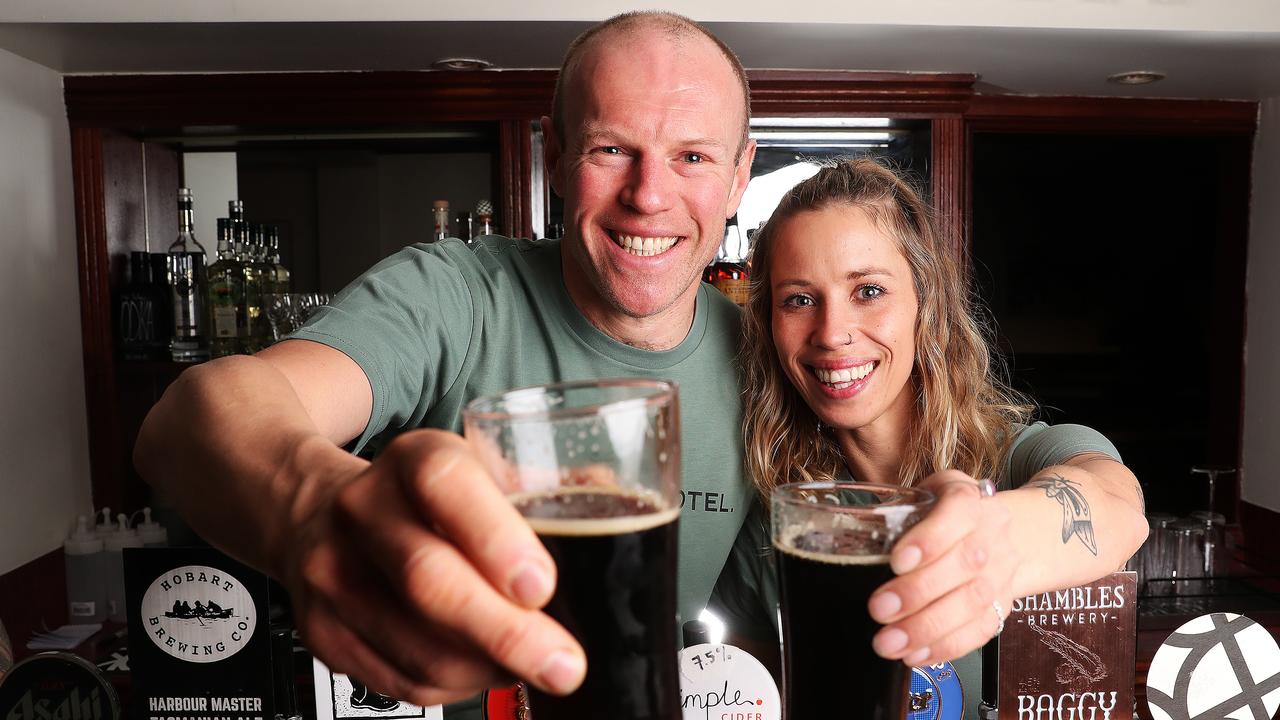Hobart City Council to limit the amount of Airbnb’s
A proposal to stop more Hobart houses from being turned into Airbnbs was voted through Hobart City Council after a debate. DETAILS>>>

Hobart & South
Don't miss out on the headlines from Hobart & South. Followed categories will be added to My News.
A proposal to stop more Hobart houses from being turned into Airbnbs was voted through Hobart City Council after a debate on Monday.
The move would stop whole-houses being turned into short-stay accommodation in most residential areas, but would not affect the existing Airbnbs or new single-room listings.
Alderman Will Coats said this was a bad move that would punish mum and dad investors for providing a service to Tasmania’s much-needed tourists.
He said it would also create a class of winners and losers, the winners being current Airbnb holders who would suddenly find themselves in possession of an exclusive short-stay permit.
“If we go down this path… we remove the ability for the small, individual owner, the mum and dad, to compete against the hotel chains, the Federal Groups, the big end of town,” he said.
“We shouldn’t be vilifying those who want to put up their housing and accommodation units. It does support an industry which is vital for this city, which is tourism.”
Alderman Bill Harvey said council should listen to Hobart’s charities, social workers, and homeless service providers who were calling for a cap on Airbnbs.
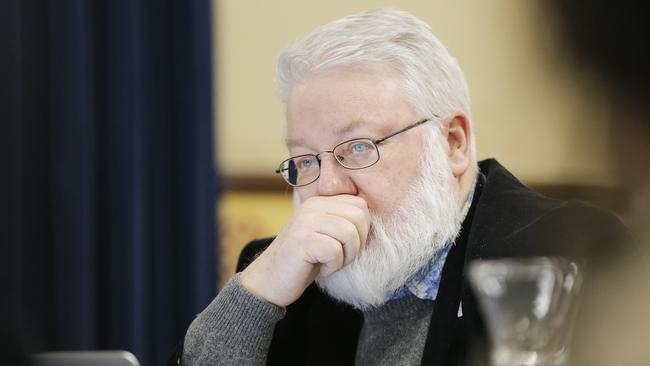
Mr Harvey said they were the ones on the ground caring for the homeless and vulnerable victims of Hobart’s housing crisis.
“It’s important we pay attention to the service providers who have the experience and understand what’s going on with regards to the crisis of accommodation in Hobart,” he said.
“They’re the ones who are looking after people with housing problems and they’re at the forefront of this.”
Alderman Simon Behrakis said council should also listen when those service providers raised concerns about council’s own planning practices restricting housing supply.
Alderman Jeff Briscoe supported the motion, but said he had misgivings about whether it would make much real difference to Hobart’s housing woes.
Lord Mayor Anna Reynolds said it was good to see council taking proper “leadership” in lieu of state government action to address Hobart’s housing crisis.
“Without taking action we were stuck implementing lax and poorly considered rules set by the state government,” she said.
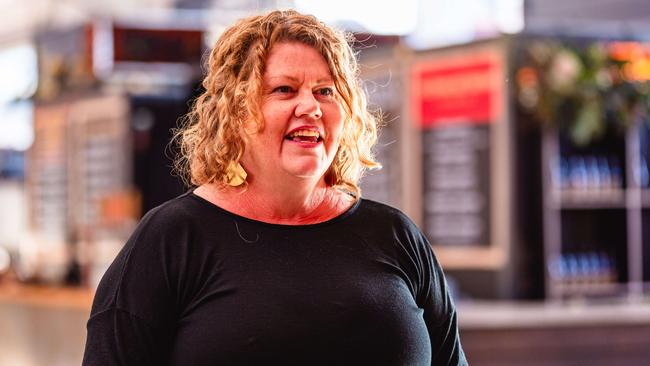
“This is a pragmatic and evidence-based policy response we’re taking, it will make a difference to Hobart’s housing crisis and I thank all the elected members who are willing to take this evidence and crisis seriously.”
Mr Behrakis and Mr Coats voted against the motion, with the rest of the chamber voting in favour of it.
The plan faces one more hurdle, however, as it now needs to go to the Tasmanian Planning Commission for another round of scrutiny and approval.
If the commission approves the proposal, it would restrict new whole-house short-stays in areas marked as General Residential Zones, Inner Residential Zones, and Low Density Industrial Zones in the Hobart City area.
Damning study tracks the impacts of Airbnb on Hobart rentals - July 2
A damning study has tracked the spread of Hobart’s Airbnbs and their role in jacking up rental costs for Tasmanian locals.
The Shelter Tas report was written by Emeritus Professor Peter Phibbs as part of ongoing study into the effect of short-stay properties on Tasmania’s rentals.
It found that the relative density of Airbnbs for Greater Hobart was 6.8 times that of Sydney and 4.5 times higher than Melbourne.
Professor Phibbs said Hobart was an outlier, being a capital city where long-term rentals had been actually shrinking pre-Covid while the short-term market was expanding.
He said this led to lower vacancy rates, higher demand, and higher rents as Tasmanian residents feel the squeeze.
Professor Phibbs calculated that the removal of just 195 houses from the Greater Hobart private rental market could lead to a 10 per cent increase in the cost of rent.
“This research is a first for Australia, in that it uses an official listing of Airbnb properties to demonstrate the interaction between the short and long-term rental markets,” Professor Phibbs said.
“The new evidence can be used to better understand and manage the impacts of short stay accommodation.”
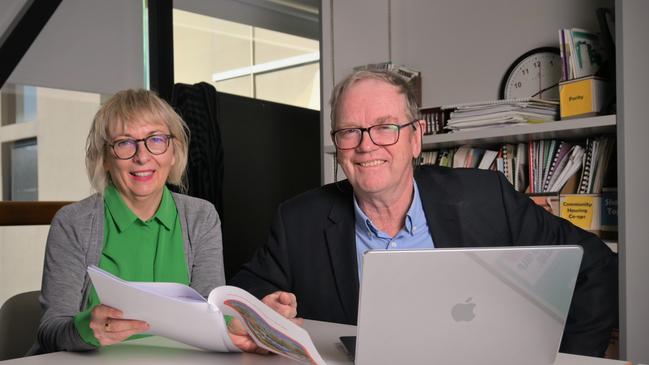
Hobart City Council mayor Anna Reynolds said these were sobering figures which necessitated urgent action to curb the spread of short-stay properties.
“This new research has revealed the failure of a state planning policy which has stripped housing supply away from locals at a rate on knots,” Ms Reynolds said.
“The State Government’s planning rule directs that Councils must approve short-stay tourist applications in most circumstances.
“Their deregulation of this sector has had a measurable and negative impact on our housing market.”
Airbnb’s Australia and New Zealand country manager Susan Wheeldon said short-term rentals made up less than one per cent of properties in Greater Hobart.
Ms Wheeldon said there were many different factors which affected housing affordability, including the proliferation of empty dwellings.
“Nationally, Tasmania ranks second with the highest proportion of unoccupied dwellings at 11.8 percent and filling these properties with renters needs to be an urgent priority.
“It’s also critical to address the need to boost overall supply. The Census reveals that whilst the population of the Hobart Local Government Area has increased by 13 percent since 2011, the number of private dwellings has increased by only seven percent.
“Airbnb is keen to play a part in helping to provide meaningful solutions and tackle this issue in collaboration with a broad range of stakeholders.”
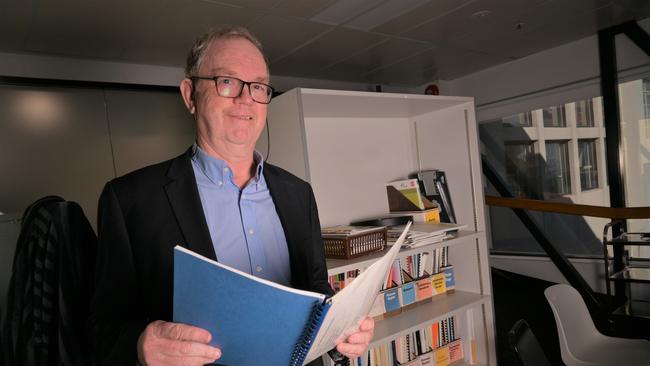
The report is the first in a series of studies in the Short-Term Rental Project, which will provide updates on Tasmania’s short and long-term housing markets every six months.
Shelter Tas CEO Pattie Chugg said she hoped this report would be an eye-opener for policymakers as they attempt to address the rising cost of living.
“This report provides evidence that short stay accommodation is making a real difference as we see the number of properties being converted from long-term rental homes to become short stay options for tourists,” Ms Chugg said.
“Without better oversight and management of the short-term rental market, the dire situation facing Tasmanian renters will continue to get worse.”



